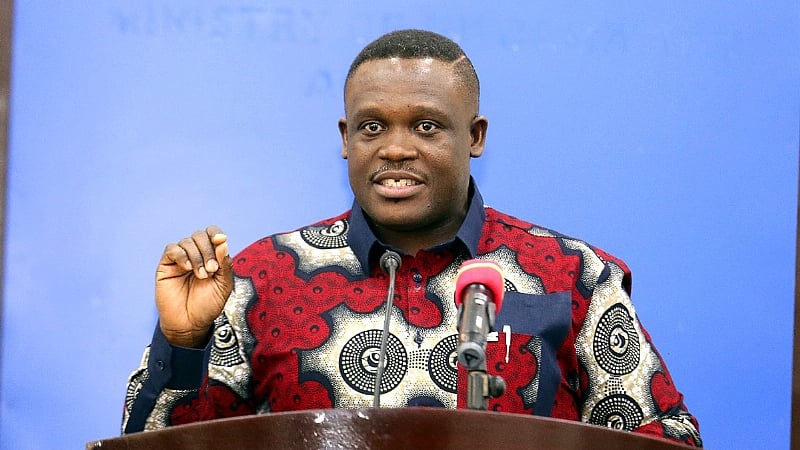The Ghanaian government, spearheaded by the Minister for Communication, Digital Technology, and Innovation, Samuel Nartey George, is poised to introduce the National Misinformation and Disinformation Bill to Parliament. This legislation represents a significant step in addressing the escalating threat of online falsehoods and digital manipulation that jeopardize public trust, national security, and the very foundation of Ghana’s democratic principles. The bill aims to establish a robust legal framework empowering regulatory bodies to effectively counter the deliberate dissemination of fake news and harmful online content, while simultaneously safeguarding fundamental freedoms, especially freedom of expression. The Minister emphasized the delicate balance the bill strikes between enabling enforcement and preserving civil liberties.
The proposed bill underscores the government’s dedication to fostering a digitally literate and civically responsible society. It recognizes the crucial role of accurate information in a healthy democracy and seeks to mitigate the harmful effects of misinformation and disinformation campaigns. The legislation aims to empower relevant institutions with the tools and authority to monitor, investigate, and address the spread of misinformation and disinformation without infringing upon citizens’ rights. This includes providing clear legal definitions of misinformation and disinformation, outlining procedures for investigating and addressing instances of these phenomena, and establishing mechanisms for redress.
The bill’s introduction signifies a proactive approach to safeguarding Ghana’s digital space. The government recognizes the potential of digital platforms to be misused for spreading false narratives and manipulating public opinion. Consequently, the bill seeks to equip the nation with the necessary legal instruments to combat such threats effectively. While the bill prioritizes combating misinformation, it equally emphasizes the importance of upholding freedom of expression, a cornerstone of any democratic society. The Minister stressed that while the right to free speech is paramount, it must be exercised responsibly and within the confines of truth and accountability.
The legislation aims to create a clear distinction between protected free speech and the intentional spread of falsehoods. This distinction is crucial to ensuring that the law doesn’t inadvertently stifle legitimate criticism or dissenting opinions. The goal is to create an environment where individuals can express themselves freely while holding them accountable for knowingly spreading false information. This approach attempts to balance individual liberties with the collective need for accurate information in the public domain. The bill emphasizes that the right to free speech does not extend to the propagation of misinformation.
The Ministry intends for this bill to operate within a comprehensive strategy to combat misinformation and disinformation. This includes public awareness campaigns aimed at educating citizens about the dangers of online falsehoods and equipping them with the critical thinking skills necessary to identify and evaluate information. It also involves promoting fact-checking initiatives and collaborating with media organizations and tech platforms to develop effective mechanisms for identifying and removing false or misleading content. The government views the bill as one component of a multi-faceted approach to fostering a healthier digital information ecosystem.
The government has committed to engaging with various stakeholders, including media organizations, civil society groups, and tech platforms, throughout the legislative process. This collaborative approach seeks to ensure that the final legislation reflects both democratic values and the realities of the evolving digital landscape. The Ministry aims to create a law that is not only effective in combating misinformation but also respects fundamental rights and fosters a vibrant and open digital space. This collaborative approach will be essential in developing a framework that balances the need for regulation with the importance of protecting free speech and fostering innovation in the digital sphere.


